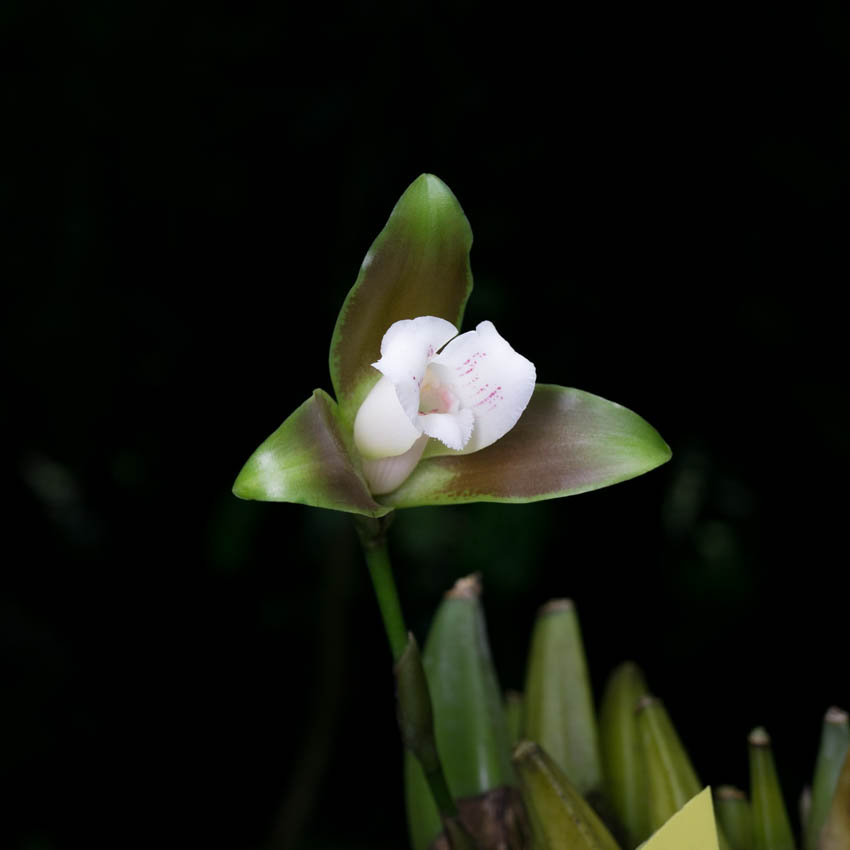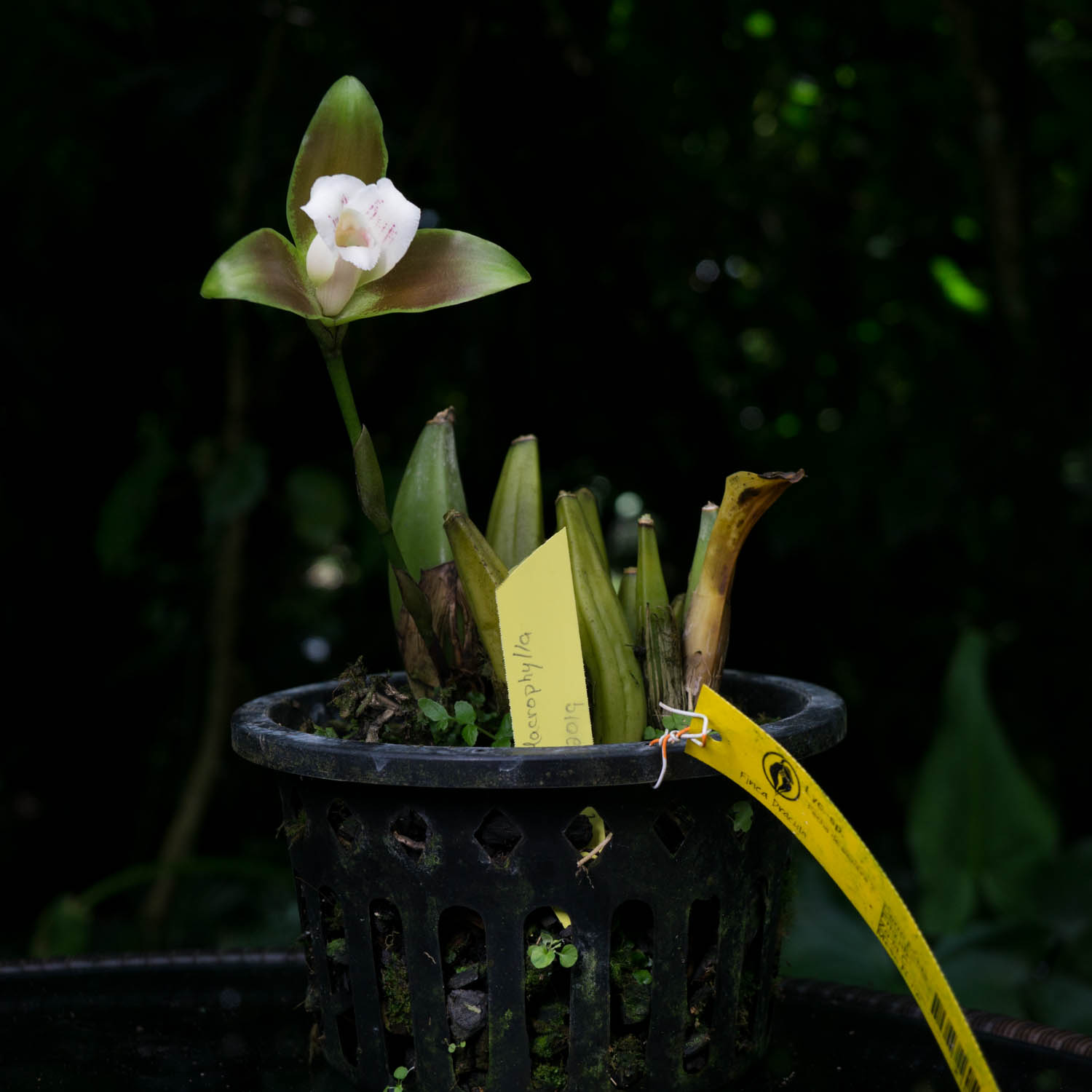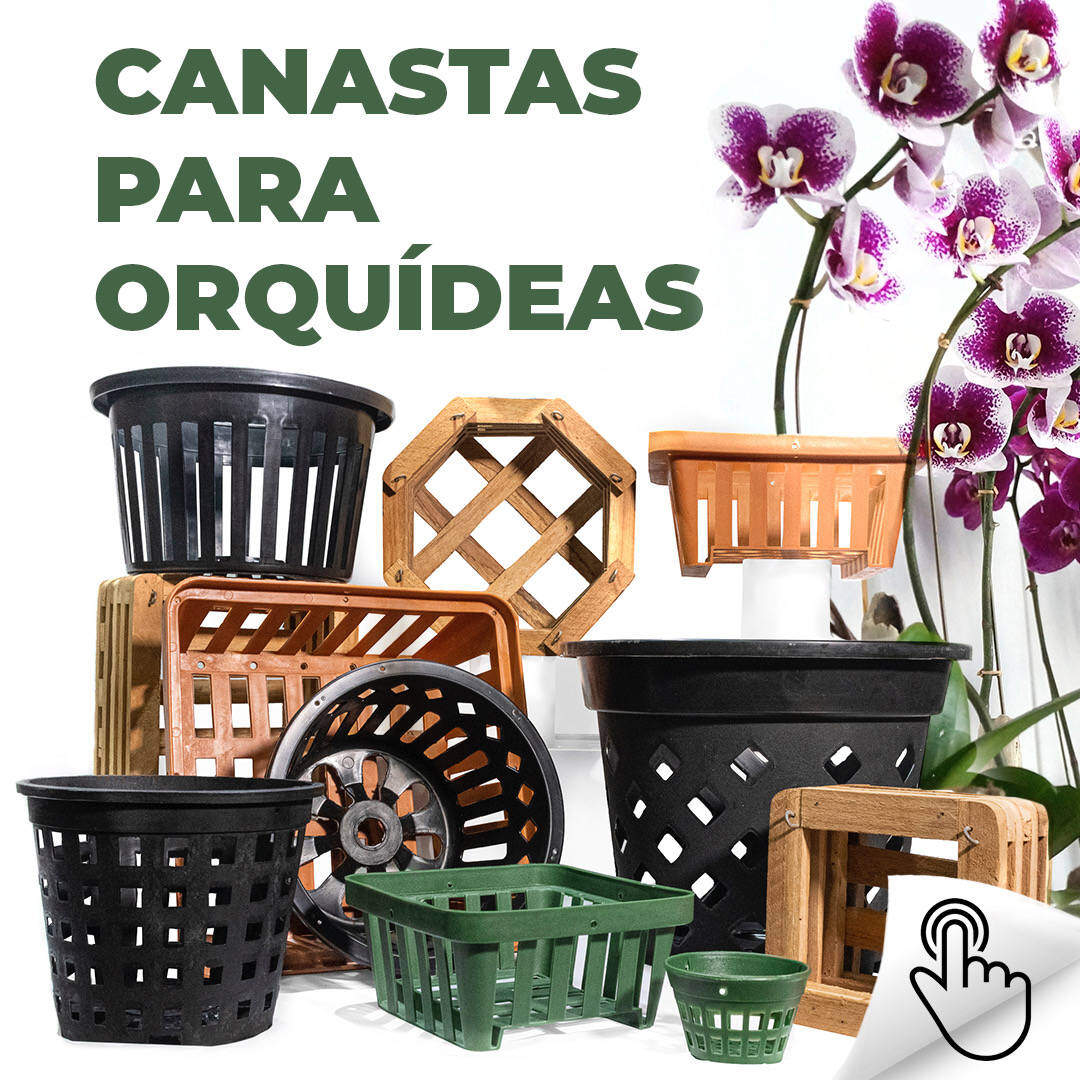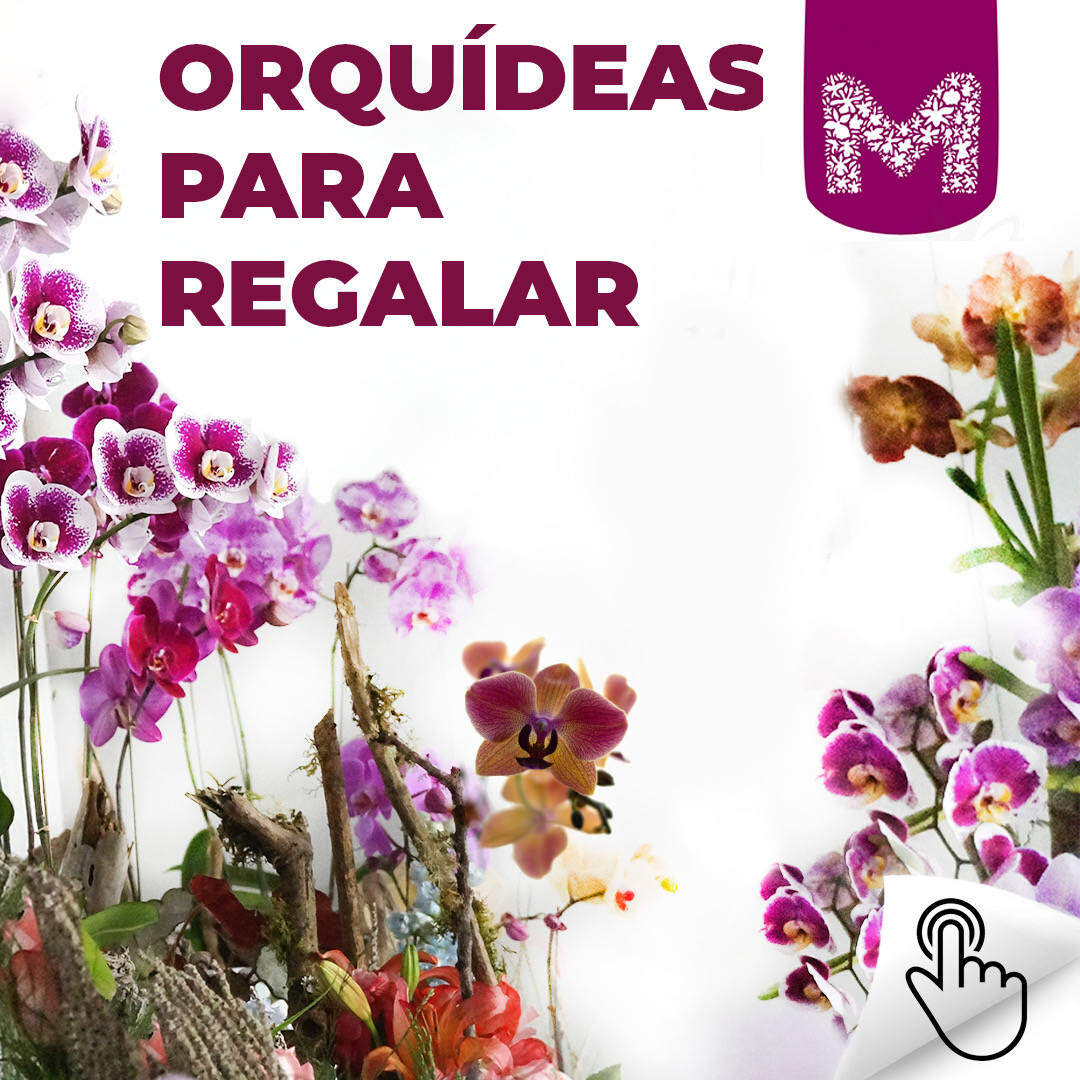Lycaste macrophylla
$35.00
Lycaste macrophylla is a widely distributed species that can grow in warm and intermediate climates. They are beautiful plants that produce many flowers and tolerate lack of water well in the dry season.
Description
General info
Genus
The genus Lycaste has a wide distribution from Guatemala to Ecuador, they are generally located in cloud forest although there are also a few species found in coastal areas, therefore more temperate climates.
They are characterized by having large plants with large, thin palm-shaped leaves that drop off in the dry season. Esto les trae una buena adaptación a los meses de verano en donde no reciben agua.
Many Lycastes are adapted to moderate elevations, which allows them to survive in hot places as long as they receive enough water. They are also epiphytes and do best on trees.
This genus is related to Anguloas andMaxillaria.
Common Name
Some Lycaste have a common name but most do not because they are very rare plants.
Nombre Científico
Lycaste macrophylla (Poepp. & Endl.) Lindl.
Synonyms:
Lycaste neglecta Schltr.
Lycaste plana Lindl.
Maxillaria macrophylla Poepp.
Maxillaria phyllomega Steud.
Origin
This plant is the product of in-vitro propagation of a plant collected in El Valle de Anton, Panama . This place has an elevation of 800 meters above sea level.
Plant care
Watering-Substrate
CSubstrate Size
3Ilumination
Intermedia-AltaTemperature and Humidity
Intermedio-HúmedoLycaste drop their leave anually, they will turn yellow and fall off. This is normal and you should not be scared. During that period you can reduce watering to a minimum. In the middle of the dry season they begin to bloom.
When it is growing shoots, leaves and flowers, it must be watered and fertilized abundantly. They are broad light tolerant plants but prefer high light and can be used to shade other plants.
They require large baskets and a lot of space with air movement so that they grow without difficulty and do not develop diseases.
Sale Presentation
Sales in Panama
- 6" Basket
- 4-6 pseudobulbs in plant
- Without Flowers
- They are preferably sent without leaves
- From in-vitro propagation
International Sale
- Wrapped in newspaper without substrate
- 4-6 pseudobulbs in plant
- Without Flowers
- They are preferably sent without leaves
- From in-vitro propagation





